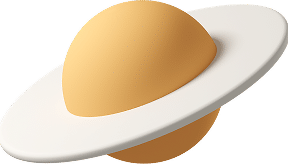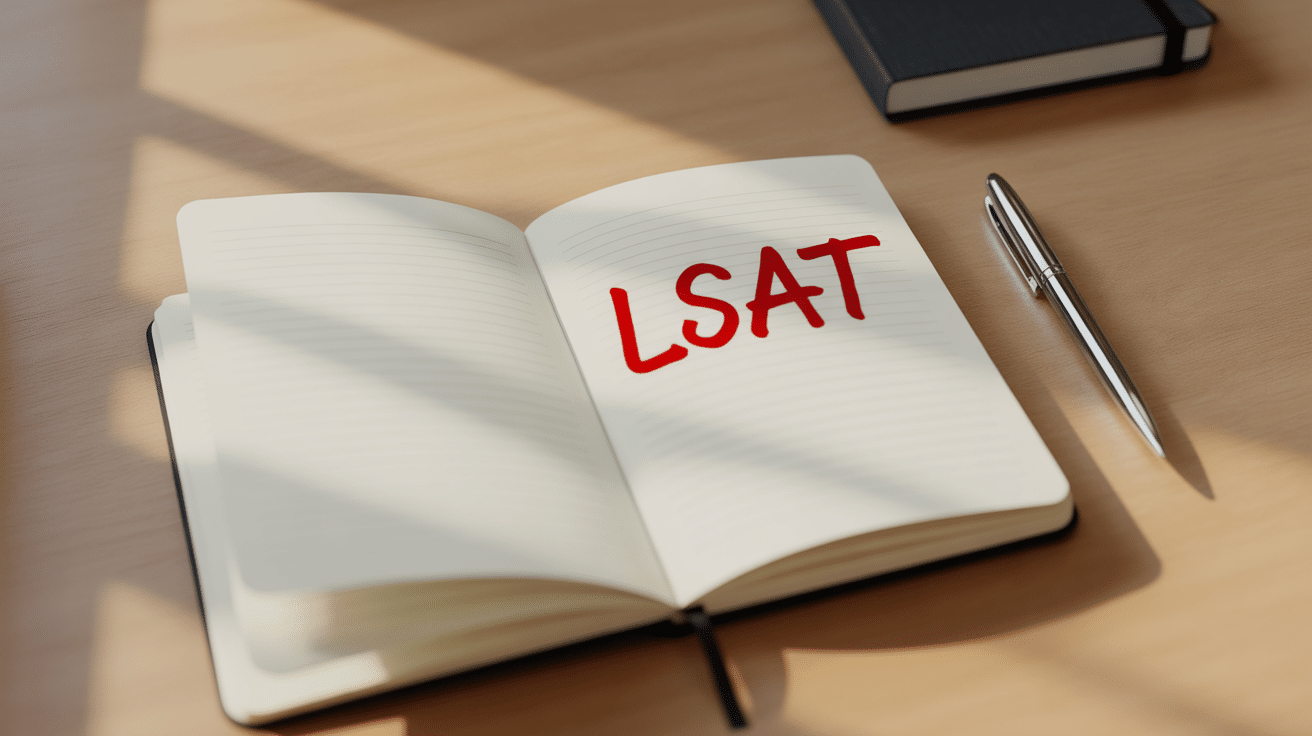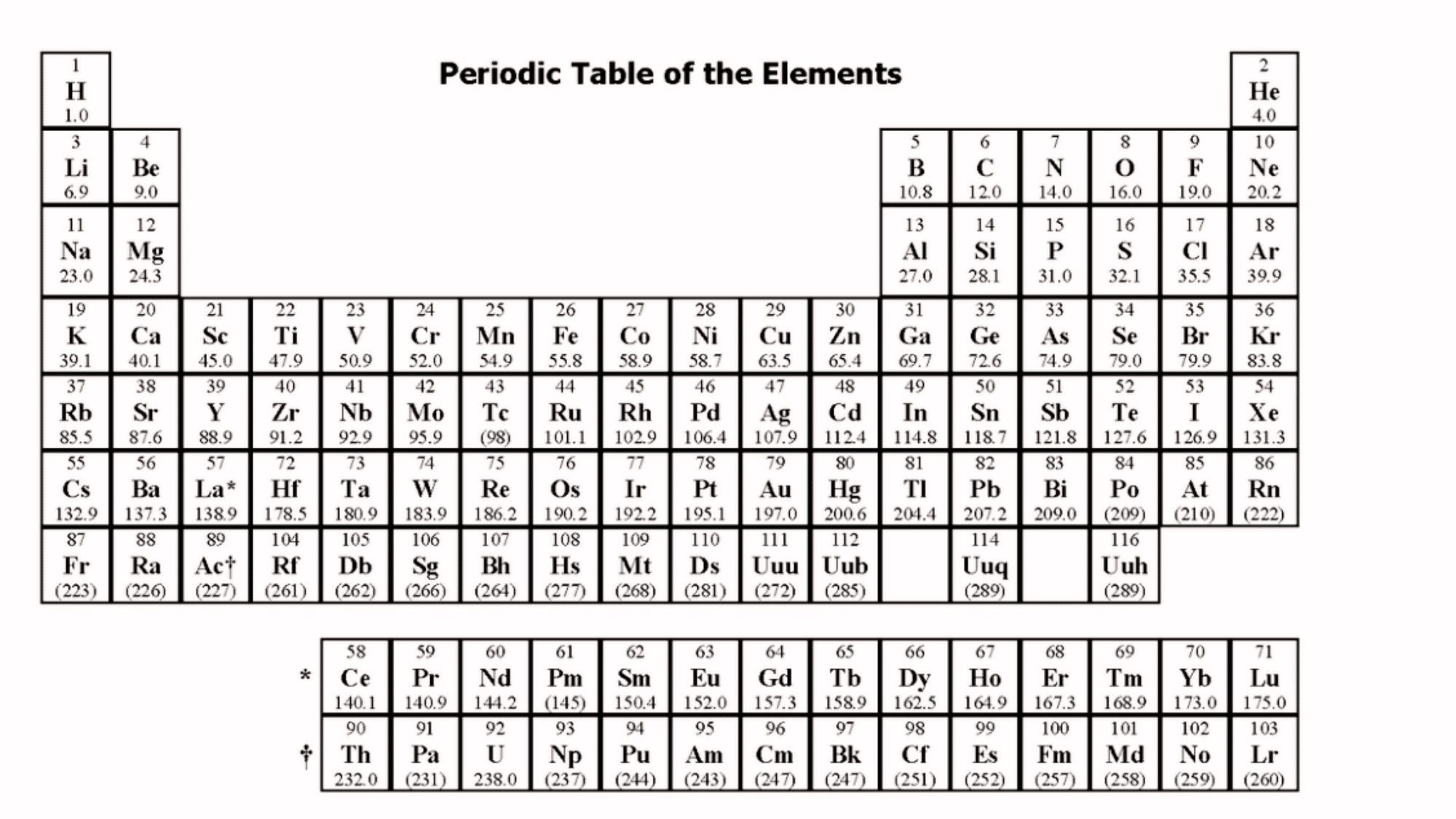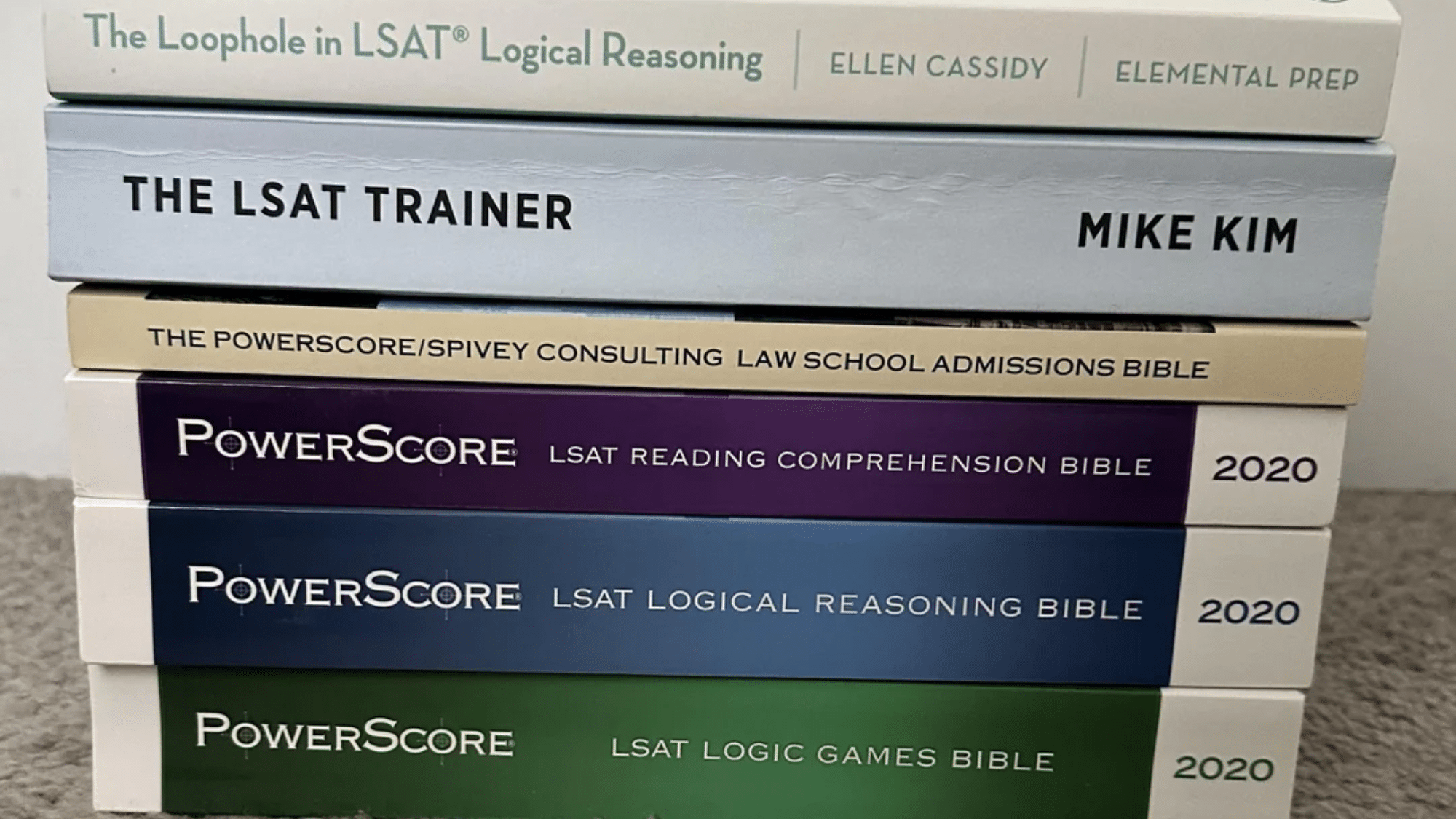Learn it. Own it. Win.
Unlock Your Mind, Leave Limits Behind!


Your trusted space for exam prep guidance, study plans, practice materials, and strategies that help you stay consistent and confident.



4.5K
Trusted Users










Explore your learning by Categories

Stop Searching and Start Growing, The Seeds of Knowledge We Are Sowing!





Exam Prep Guides & Study Plans
Structured, easy-to-follow study roadmaps created to help you plan your preparation and reach your exam goals with clarity.
The Armed Services Vocational Aptitude Battery determines who gets in and who doesn’t. Military hopefuls
The Armed Services Vocational Aptitude Battery can feel daunting. Many people worry about the test
Military careers start with one critical step: the PiCAT test. This pre-screening assessment can feel
Most test-takers struggle with one big question: how long to study for the LSAT? Too
High school students and parents often get confused by different GPA scales. Colleges ask for
Getting into medical school means acing the MCAT. But the thing is, studying without a
Exam News & Updates
Get updates on exam changes, important announcements, deadlines, and everything you need to stay informed.
Medical school can be expensive, and many aspiring doctors are looking for ways to keep their education costs low. While tuition fees at most medical
If you’re a GMAT aspirant, you may feel confused about how your GMAT score works. Well, you’re not alone. Many students wonder how their scores
Dreaming about getting into Harvard, one of the most prestigious institutions on the planet? Earning admission to Harvard University is one of the most competitive
Have you ever wondered why your PSAT score is not the only thing that matters for the National Merit Scholarship? That is where the Selection
In 2016, the College Board made major changes to the SAT, marking the most significant updates since 2005. The scoring system was changed from a
Choosing a medical specialty is about more than passion; it is also about payoff. With medical school debt soaring and years of training required, many
About Us
Empowering lifelong learners with context, clarity, and curiosity.










We support learners by offering clear study help, reliable information, and practical tools. Our goal is to make your exam preparation smoother and more structured.
Your Smooth Ride to Smarter Learning
Proven techniques, tips, and shortcuts to improve accuracy, manage time under pressure, and boost your overall test performance.
The spark that ignites your next idea.
Up-to-date details on scholarship opportunities, application deadlines, and step-by-step exam registration guidance.
Looking to join the military but worried about your ASVAB score? Many of you wonder how many times you can
The Law School Admission Test (LSAT) is an essential part of the admissions procedure if you want to take admission
Have you ever wondered if Division III (D3) schools give athletic scholarships to student-athletes? Many students who love sports and
Want to study science, technology, engineering, or math? The Future of STEM Scholars Initiative (FOSSI) can help make your dreams
The Anson L. Clark Scholars Program stands as one of the most prestigious summer research opportunities for high school students.
The American College Foundation (ACF) Visionary Scholarship provides merit-based financial support for high school students pursuing higher education. This competitive









































